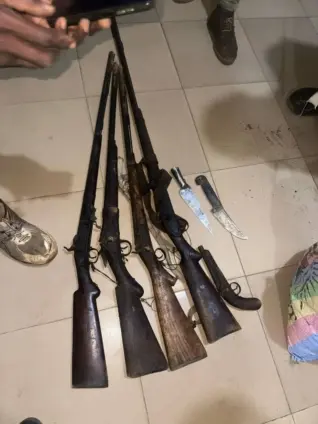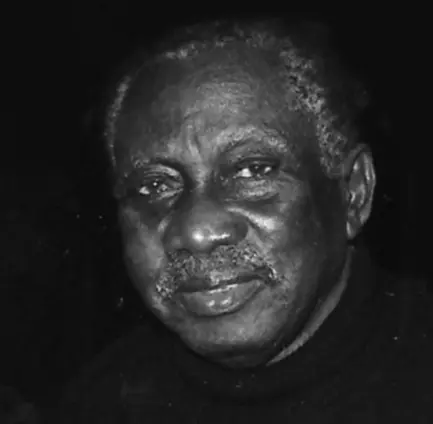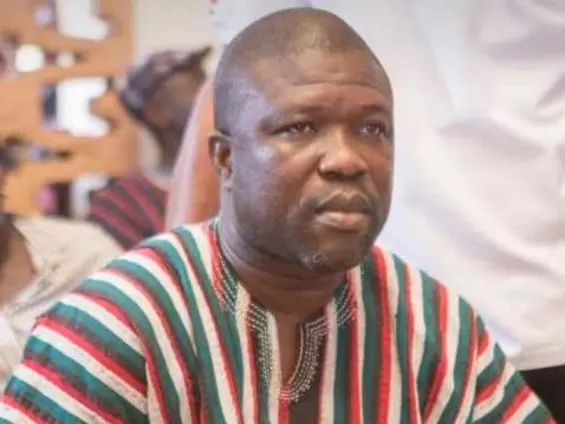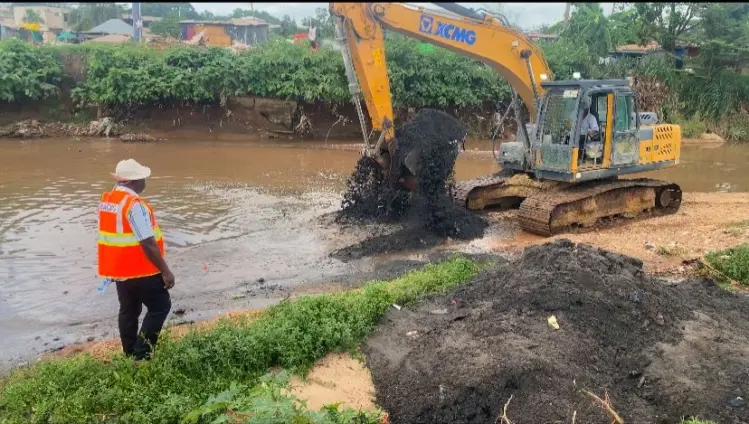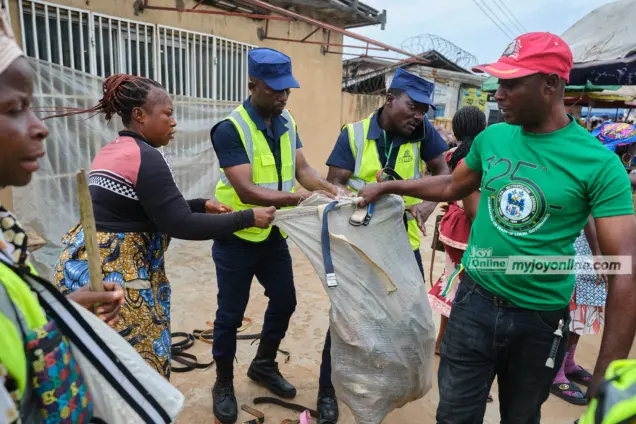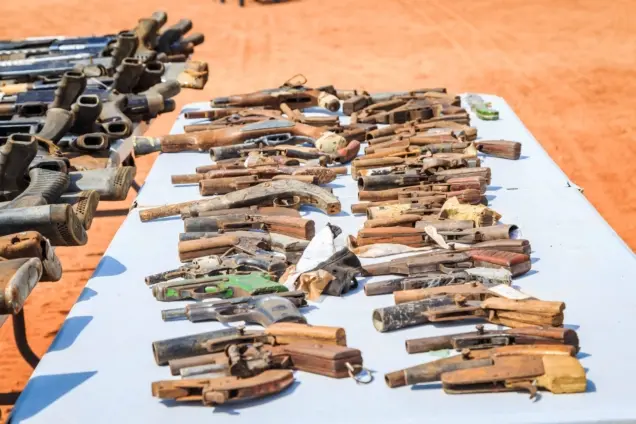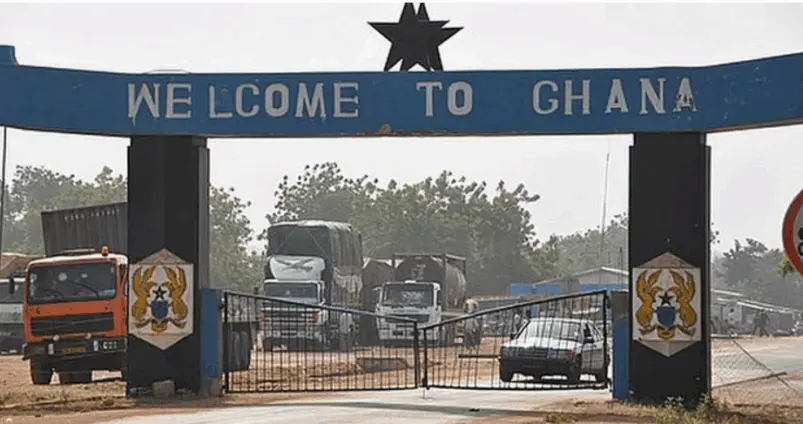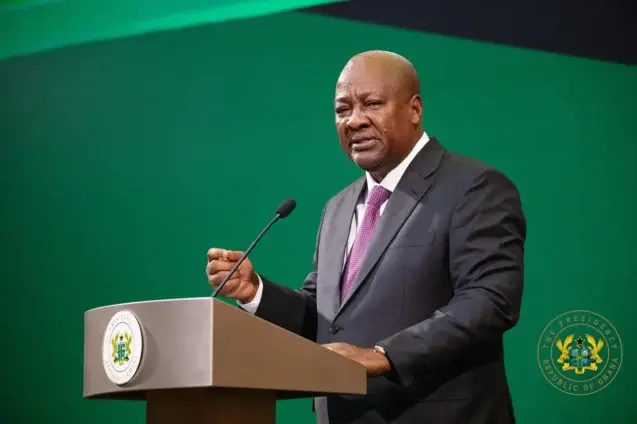Accra, the vibrant capital of Ghana, is embarking on a new approach to tackle its long-standing challenges with street trading and urban cleanliness. This time, the city is placing its trust and resources in an unlikely group: the market women themselves. Mayor Michael Allotey is spearheading this initiative, believing that previous cleanup efforts faltered due to a critical oversight – the lack of direct involvement from these key stakeholders. In a recent interview on PM Express, Mayor Allotey expressed confidence that by collaborating with the market women to develop and implement solutions, Accra can finally achieve lasting order and a cleaner business district. The initiative promises to move beyond short-term fixes and cultivate a sustainable solution rooted in community engagement. The focus is on Accra market women as change agents.
The failure of past cleanup attempts, according to Mayor Allotey, stemmed from a fundamental flaw: the absence of direct engagement with the traders. “Past Mayors failed because they did not work directly with the traders,” he stated, highlighting the critical missing link. This disconnect resulted in solutions that were often impractical and unsustainable because they failed to address the underlying issues driving street trading. Mayor Allotey’s new strategy prioritizes understanding the needs and perspectives of the Accra market women, ensuring that their voices are heard and their concerns are addressed.
One notable example of a past initiative is the “red line” project, implemented by former Mayor Alfred Okoe Vanderpuye. This initiative aimed to establish designated trading zones, but it ultimately fell short due to a lack of consistent support and enforcement. Allotey acknowledges the shortcomings of this previous approach, explaining, “We need men to guide the red line. But the only thing we did at that time was we just picked the people from the market women and the market men to guide the red line.” This time, the plan will be different.
The cornerstone of Mayor Allotey’s strategy lies in empowering Accra market women to take ownership of the cleanup efforts. He believes that these women “hold the key to lasting order in the city.” By working directly with them, he aims to gain a deeper understanding of the challenges they face and collaborate on developing effective, community-based solutions. One key element of this approach is the appointment of leaders from within the traders’ ranks. “Maybe I’ll pick four or five of them to be their leader,” he revealed, outlining his plan to select individuals who command respect and possess a vested interest in maintaining order. These leaders will play a crucial role in enforcing regulations, resolving conflicts, and ensuring that the cleanup efforts remain sustainable.Furthermore, the “red line” initiative will be revisited, but with a renewed emphasis on enforcement and sustainability. Mayor Allotey is committed to ensuring that this time, it is “not something that’s another 9-day wonder thing.” This commitment signals a long-term investment in maintaining order and cleanliness within Accra’s business district, with the Accra market women playing a central role in its success.
The cleanup efforts are not an isolated project, but rather an integral part of a broader vision to transform Accra into a thriving 24-hour economy. “The 24-hour economy policy, I want it to start from AMA,” says Mayor Allotey, emphasizing the importance of creating a vibrant and active city around the clock. To support this ambitious goal, the city plans to deploy over 1000 youth to work day and night, ensuring continuous maintenance of order and cleanliness. This comprehensive approach includes 24-hour ticketing, refuse removal, and a dedicated task force to prevent lawlessness and maintain a safe and welcoming environment throughout the night.What does this mean for Accra’s future? By keeping the city alive through the night, what opportunities and challenges may arise? These are important questions for the future of this initiative.
Mayor Michael Allotey’s strategy to empower Accra market women in the business district cleanup represents a significant departure from previous approaches. By engaging directly with traders, learning from past mistakes, and implementing a comprehensive 24-hour economy policy, he seeks to leave a lasting legacy of order and cleanliness. The success of this initiative depends on the strength of the collaboration between the city government and the market women, as well as the sustained commitment to enforcement and resource allocation. This is not just about cleaning the streets; it’s about empowering a community and building a more vibrant and sustainable future for Accra, one led by Accra market women.
Image Source: MYJOYONLINE







